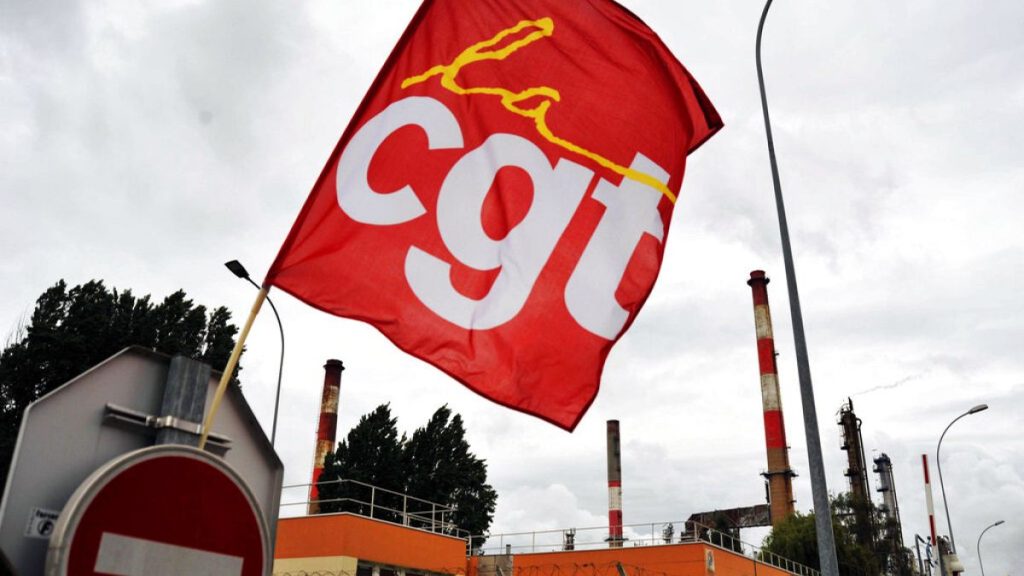Hundreds of French and international automobile industry workers protested at the Paris Motor Show against the unprecedented crisis facing the sector in France and the EU. The protest included banners denouncing the relocation of factories and job losses within key players such as Stellantis, Renault, and Valeo. Michelin has paused production at some of their tyre factories, while Valeo has put three factories up for sale, putting around 1,000 jobs at risk. The workers expressed fear and anxiety about the situation, with many resigning due to the uncertainty surrounding their jobs. Additionally, cheap Chinese electric vehicles have flooded the EU market, leading to calls for imposing tariffs on Chinese EVs, but workers believe that French manufacturers need to step up and manufacture more in France instead of engaging in an economic war.
The workers at the protest believe that imposing tariffs on Chinese EVs is not the solution to the crisis in the automotive sector. Workers from various countries, including Germany, Belgium, and the US, emphasized that the focus should be on French manufacturers returning to manufacturing in France and lowering their profit margins. The workers feel that the issue lies with manufacturers relocating factories overseas in search of cheaper labor and not with Chinese workers. Since 2012, nearly 70,000 jobs have been lost in the automobile industry in France, and similar job losses are being felt across Europe. Workers in Belgium, Italy, and other European countries are experiencing closures and job losses, highlighting the widespread impact of the crisis within the automotive sector.
The protest at the Paris Motor Show highlighted the challenges faced by European automobile industry workers, including job losses, factory relocations, and increasing competition from Chinese electric vehicles. The workers expressed their frustration with the lack of effort and resources put into developing the industry in Europe, leading to grim prospects for the future. The protest showcased the solidarity among European labor unions, with a nationwide protest in Italy following the demonstration in France. Workers from different countries came together to address common issues and advocate for solutions that prioritize the interests of workers and the industry.
The protest also shed light on the impact of the crisis on specific companies such as Stellantis, Renault, and Valeo, which have been cutting jobs and relocating factories outside of Europe. Michelin’s decision to pause production at some of its tyre factories and Valeo’s attempts to sell three factories have further exacerbated the situation, leading to increased fear and anxiety among workers. The workers emphasized the need for French manufacturers to invest in manufacturing within the country and create more job opportunities to address the crisis within the industry. By coming together at the protest, the workers aimed to raise awareness about the challenges facing the automotive sector and push for meaningful solutions that prioritize job security and industry sustainability.
The workers’ calls for French manufacturers to return to manufacturing in France and lower their profit margins reflect their concerns about the impact of factory relocations and job losses within the industry. The focus on addressing these issues through collaboration and advocacy for workers’ rights underscores the determination of labor unions to fight for the interests of employees in the automotive sector. The workers’ rejection of tariffs on Chinese EVs as a solution to the crisis highlights the need for comprehensive strategies that promote industry growth and job creation within Europe. By uniting in protest and raising their voices against the challenges facing the automotive sector, the workers demonstrated their commitment to securing a sustainable future for the industry and preserving job opportunities for workers across Europe.


